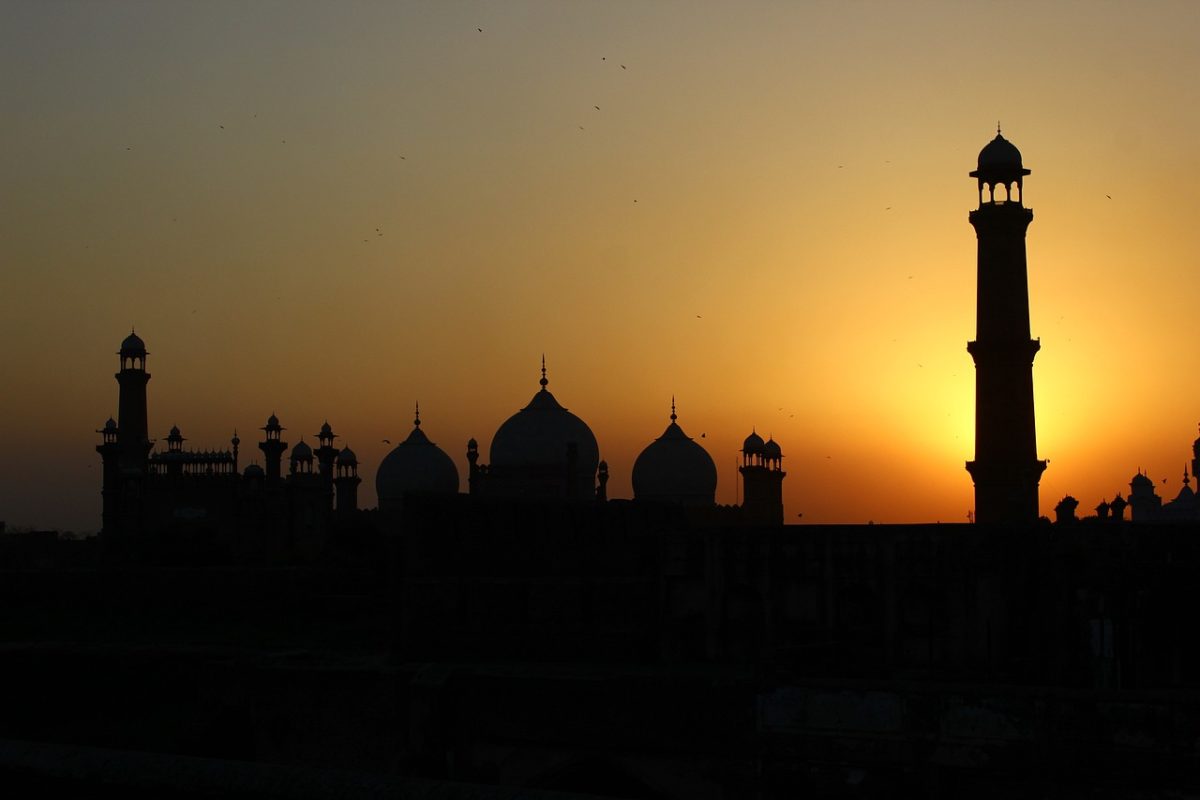Summary
- Pressures and vulnerabilities: Pakistan faces a precarious economic situation. Growing trade imbalances, high inflation, and a depreciating rupee threaten stability. The IMF loan program offers vital support, but demanding austerity measures fuel public discontent.
- Political turmoil: Imran Khan’s PTI party faces challenges, including disputes with the Election Commission of Pakistan (ECP) that could impact its standing in the upcoming election. Other parties like PML-N and PPP are seeking alliances to increase their chances of forming the next government.
- Military’s influence: The Pakistani military continues to wield significant influence, with concerns about its behind-the-scenes role in political manoeuvring. Balancing civilian aspirations with the military’s interests remains a delicate task.
- Moving Forward: Pakistan’s path ahead hinges on balancing economic reforms with social needs, tackling corruption, and ensuring credible elections. Navigating complex international relations with regional players and managing security concerns along the Afghan border are further hurdles.
Details
Pakistan’s political landscape is heating up anticipating the general elections scheduled for February 8, 2024. The political arena is charged, with parties accusing each other of seeking undue advantages and aligning with the caretaker government for electoral gains.
The Election Commission of Pakistan (ECP) has emphasized that the elections will proceed as planned, ensuring impartiality and transparency. This commitment from the ECP is crucial for maintaining the integrity of the electoral process amidst a politically charged environment.
The political scene in Pakistan has been characterized by a high level of intrigue and manoeuvring. Former Prime Minister Imran Khan’s party, Pakistan Tehreek-e-Insaf (PTI), faces challenges following his ouster from power. The Election Commission may oppose PTI’s intra-party polls, potentially leading to a change in its electoral symbol and affecting voter support. The PTI remains a potent force, challenging the current coalition government led by Shehbaz Sharif. With Imran Khan vowing to contest from prison, his AI-powered campaign adds a novel twist to the upcoming elections.
Other significant political players like the Pakistan Muslim League-Nawaz (PML-N) and the Pakistan People’s Party (PPP) are actively forming alliances, eyeing an opportunity to establish their dominance. The province of Punjab, with its significant electoral weight, has become a focal point of political contestation, particularly between the PPP and PML-N with accusations of military involvement in politics adding to the volatility.
The threat from militant groups like the Tehreek-e-Taliban Pakistan (TTP) adds to the concerns over the safety and smooth conduct of the elections. Political parties, including PML-N, PPP, Awami National Party (ANP), and Jamiat Ulema-e-Islam-Fazl (JUI-F), are likely targets of these groups. Imran Khan’s confrontational approach to politics, including his disputes with state institutions, adds another layer of complexity to the already tense political environment.
Economically, Pakistan faces a myriad of challenges. The country is grappling with high inflation, a large fiscal deficit, and dwindling foreign exchange reserves. These issues are compounded by a struggling industrial sector and a significant trade imbalance. Chronic energy shortages hamper industrial growth and burden households. Dependence on expensive imported fuel drains foreign reserves, pushing for renewable energy and domestic exploration. Devastating floods in 2023 inflicted billions of dollars in damage, further straining fragile finances and displacing millions. Rebuilding efforts and climate resilience are crucial challenges.
The government has sought assistance from international organizations like the International Monetary Fund (IMF) for bailout packages, but these come with stringent conditions that often lead to unpopular austerity measures. The economic crisis has had a profound impact on the daily lives of Pakistanis, with rising costs of living and stagnant wages causing widespread discontent. This economic discontent is likely to play a significant role in the upcoming elections, as voters seek solutions to their financial hardships.

3 thoughts on “Pakistan: situational brief”
Comments are closed.